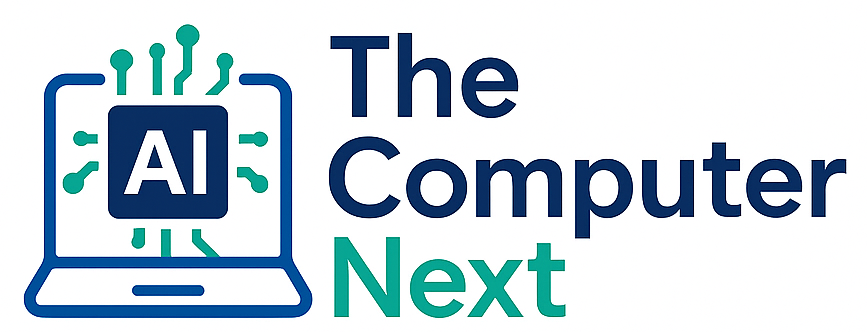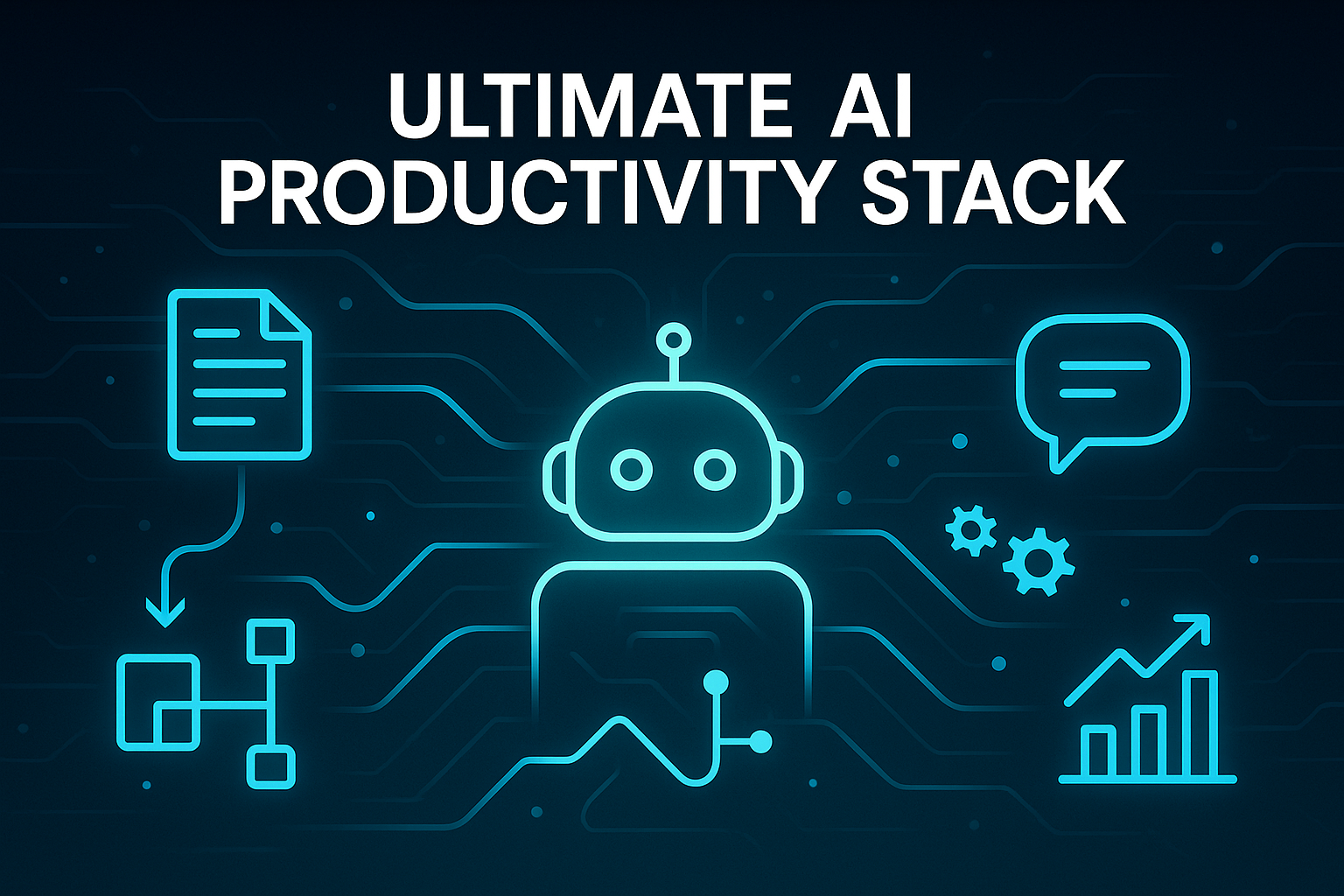Transform scattered notes, docs, and insights into a living, searchable AI wiki—without code. Here’s how to build your own AI-powered knowledge base in 2025.
💡 What Is an AI-Powered Knowledge Base?
Imagine a smart wiki that can not only store your ideas, documents, and research, but instantly search, summarize, and suggest answers—just like ChatGPT. In 2025, teams and creators are using AI-powered knowledge bases to streamline learning, collaboration, and problem-solving.
🚀 Why Build Your Own (Instead of Relying on Google or Email)?
- Instant, semantic search: Find the right answer—not just the right keyword.
- Automatic summarization: Let AI recap docs, notes, or meeting transcripts in seconds.
- Personalized recommendations: Get smart links to related pages, files, or people.
- Reduced context-switching: No more jumping between chat, docs, and inboxes.
Whether you’re a solo creator or scaling a startup, your knowledge base becomes your “second brain.”
🛠️ Best AI Tools to Build Your Knowledge Base
-
Notion AI:
Organize docs, notes, and wikis—AI-powered search, summaries, and Q&A built-in.
See how Notion fits in the AI productivity stack. -
Obsidian (with AI plugins):
For privacy and local-first note-taking. Use plugins for AI-powered tagging, search, and summarization. -
Custom ChatGPT Bots:
Build your own assistant trained on your files and docs—perfect for teams and creators. -
Perplexity AI:
Fetches external research and can “feed” insights into your base. -
Zapier or Make.com:
Automate saving, tagging, and updating content across apps.
📝 Step-by-Step: Setting Up Your AI Knowledge Base
- Choose Your Platform:
Start with Notion AI for cloud, or Obsidian for privacy/local. Both support AI-powered workflows. - Import Your Existing Data:
Upload docs, notes, research, and meeting transcripts. Most tools let you bulk import or sync from Google Drive, Dropbox, etc. - Enable AI Search & Summaries:
In Notion AI, activate AI blocks for instant summaries, Q&A, and smart tagging. In Obsidian, install plugins for AI search or use ChatGPT API integrations. - Link Everything:
Connect related pages, create “hub” notes, and tag topics. Use AI to suggest backlinks and missing connections. - Automate Updates:
With Zapier or Make, auto-save key emails, Perplexity AI answers, or meeting notes to your base. - Train Your AI:
In Notion AI or ChatGPT custom bots, you can “feed” your base with more docs or FAQs—improving results over time.
🌟 Real-World Use Cases
-
Creators:
Store ideas, research, drafts, and social content in one smart, searchable place. Summarize past posts or auto-generate FAQs. -
Startups & Teams:
Centralize SOPs, product docs, onboarding, and internal wikis. Use AI to answer team questions or recommend resources. -
Students:
Archive lecture notes, readings, and assignments. AI can summarize, quiz, or even help organize study plans.
⚠️ Pitfalls & Pro Tips
- Check AI outputs for accuracy—hallucinations happen, even in top tools.
- Protect sensitive info—know what’s private, especially in cloud AI platforms.
- Keep it simple—start with just one or two workflows, then layer in automations.
- Update your base regularly—AI gets smarter the more you use and “feed” it!
🔗 Related Reading
- The Ultimate AI Productivity Stack for 2025
- Top 5 Free AI Tools to Use in 2025
- 7 Ways to Automate Your Life With AI
- 10 Prompting Tips to Use ChatGPT Better
🚦 Final Thoughts
In 2025, your AI-powered knowledge base will become your most valuable digital asset. It’s your personal or team “second brain”—always available, always up to date, and always smarter with every use. Ready to start? Explore our guides, or share your knowledge base tips to help the community grow!
Tags: AI Knowledge Base, Wiki, Notion AI, Productivity, Workflow, Automation, 2025

